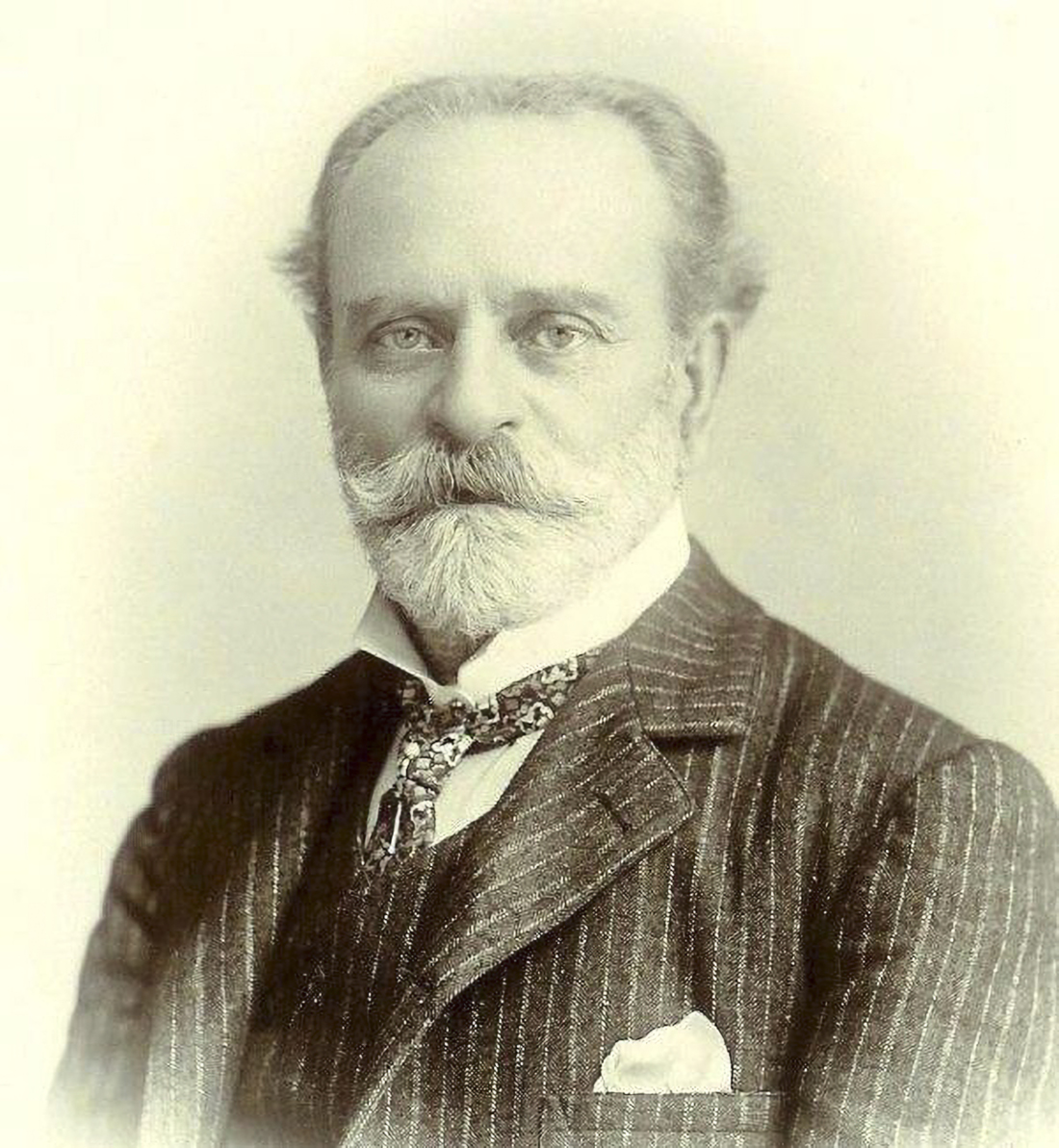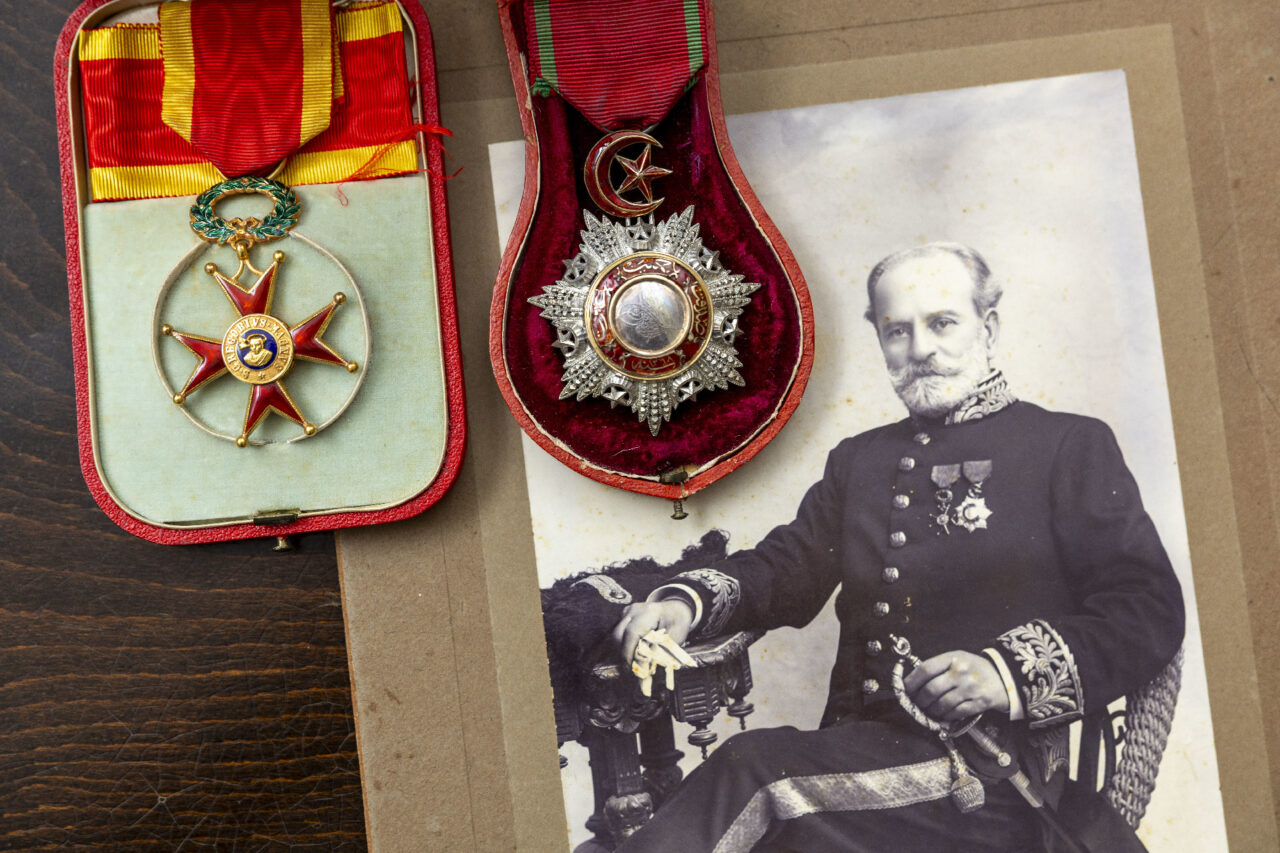Premju Emanuele Luigi Galizia is Kamra tal-Periti’s national platform for recognising excellence, leadership, and impact in the built environment. First launched in 2018, the Premju honours the creative and technical rigour of the profession, and its role in addressing the cultural, environmental, and spatial realities of Malta today.
The 2025 edition focuses on built work completed within the last five years, with categories structured around contemporary national concerns—housing, heritage, infrastructure, sustainability, and the public realm. It also celebrates emerging practices and honours role models who continue to shape the direction of the profession.
This edition asks: What would Galizia do? It is curated and led by I+A.

Emanuele Luigi Galizia
Courtesy of Robert Galea-Naudi B.Sc (Hons) M.Sc MRTPI, from the Francis Galea-Naudi photo archive.
Emanuele Luigi Galizia was one of the most influential Maltese architects and civil engineers of the 19th century. Appointed Superintendent of Public Works at age 24, he helped shape the architectural and infrastructural identity of modern Malta during a pivotal period of transformation.
Among his most iconic works are Addolorata Cemetery, the Turkish Cemetery in Marsa, Victoria Gate, the Vincenzo Bugeja Institute, and his own summer residence, Alhambra, in Sliema.
Galizia’s professional ethos was defined by rigour, public duty, and a respect for craft. He refused gifts in public office, upheld discipline in his work, and led by example. Fluent in both Italian and English, his cultural awareness and civic commitment positioned him as a model for future generations.

The medals of the Order of the Order of St Gregory (Vatican), left, and the Medjidie (Ottoman Empire), right, shown juxtaposed with a photo of E.L. Galizia wearing the same medal.
Photographed with the permission of Robert Galea-Naudi B.Sc (Hons) M.Sc MRTPI, from the Francis Galea-Naudi collection.
Oversight of politically sensitive projects, such as the construction of the Ta’ Braxia Cemetery, further demonstrated his discretion and quiet defiance.
His legacy is not simply architectural—it is ethical. The Premju bearing his name continues to look to this legacy, asking what responsibility, innovation, and leadership look like in our time.